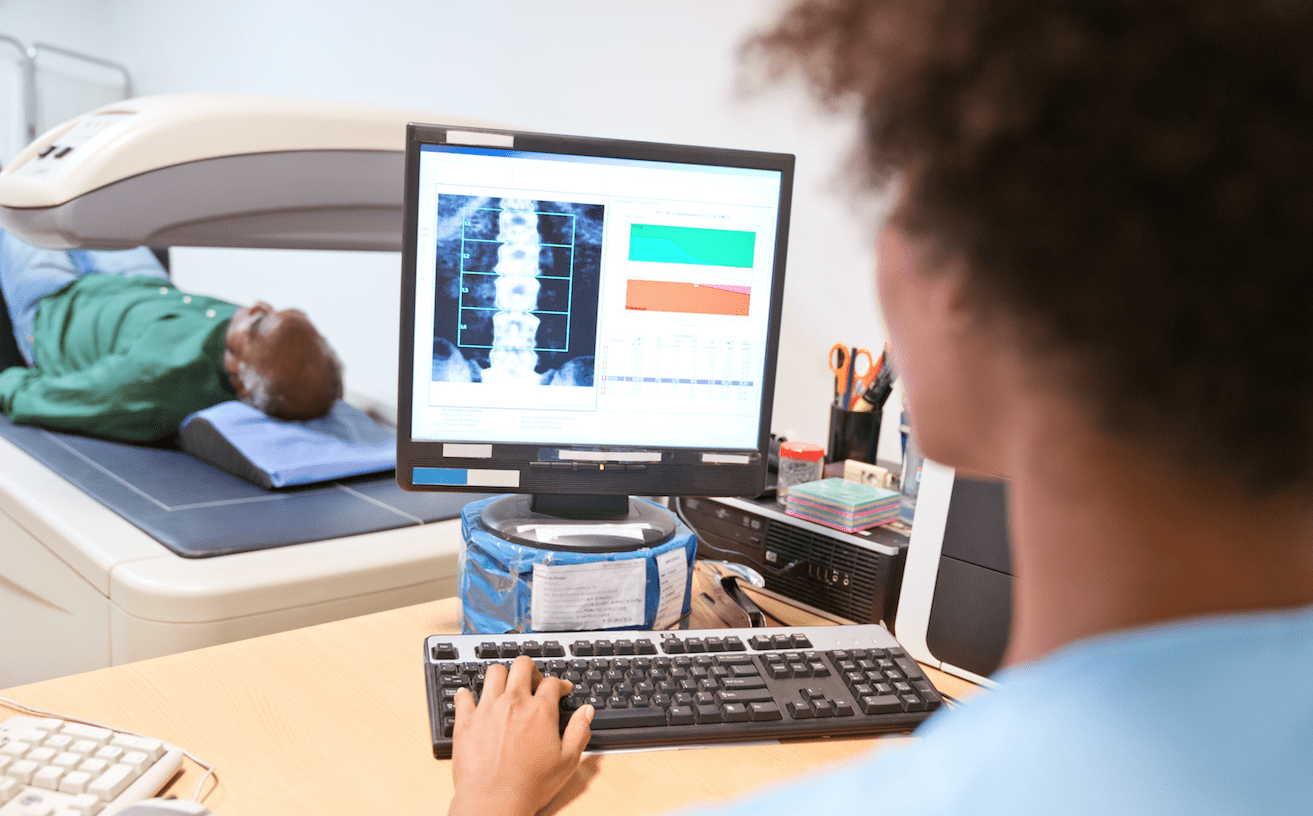Researchers from Edith Cowan University have revealed that a simple and common scan can offer an insight into the risk of developing dementia late in life.
The long-term study explored the link between vascular health and late-life dementia, showing that testing for calcium build up – known as abdominal aortic calcification (AAC) – can not only help predict the risk of heart attack and stroke, but also be a reliable marker for late-life dementia.
“There’s an adage in dementia research that what’s good for your heart is good for your brain,” said Centre for Precision Health director Professor Simon Laws. “This study reaffirms this link and further adds to our understanding of late-onset dementia risk and potential preventative strategies.”
AAC can be conveniently tested for using spine scans from a common device called a bone density machine, which is often used to screen for osteoporosis.
“It’s generally very quick and easy to capture these scans and they are less-invasive, cheaper and minuscule in radiation exposure compared to X-rays or CT scans,” explained ECU Associate Professor and National Heart Foundation Future Leader Fellow Joshua Lewis.
Professor Laws says that when it comes to dementia, early intervention can make the greatest impact.
“AAC is important as it was able to identify dementia risk in people who don’t have the major genetic risk factor present in 50 per cent of people who develop Alzheimer’s disease, which is the most common form of dementia.”
Incorporating dementia risk into discussions about cardiovascular health is a valuable step forward, says Professor Lewis.
“I think the next step is telling people about their AAC and late-life dementia risk to see if this can motivate healthy diet and lifestyle behaviour changes.”







